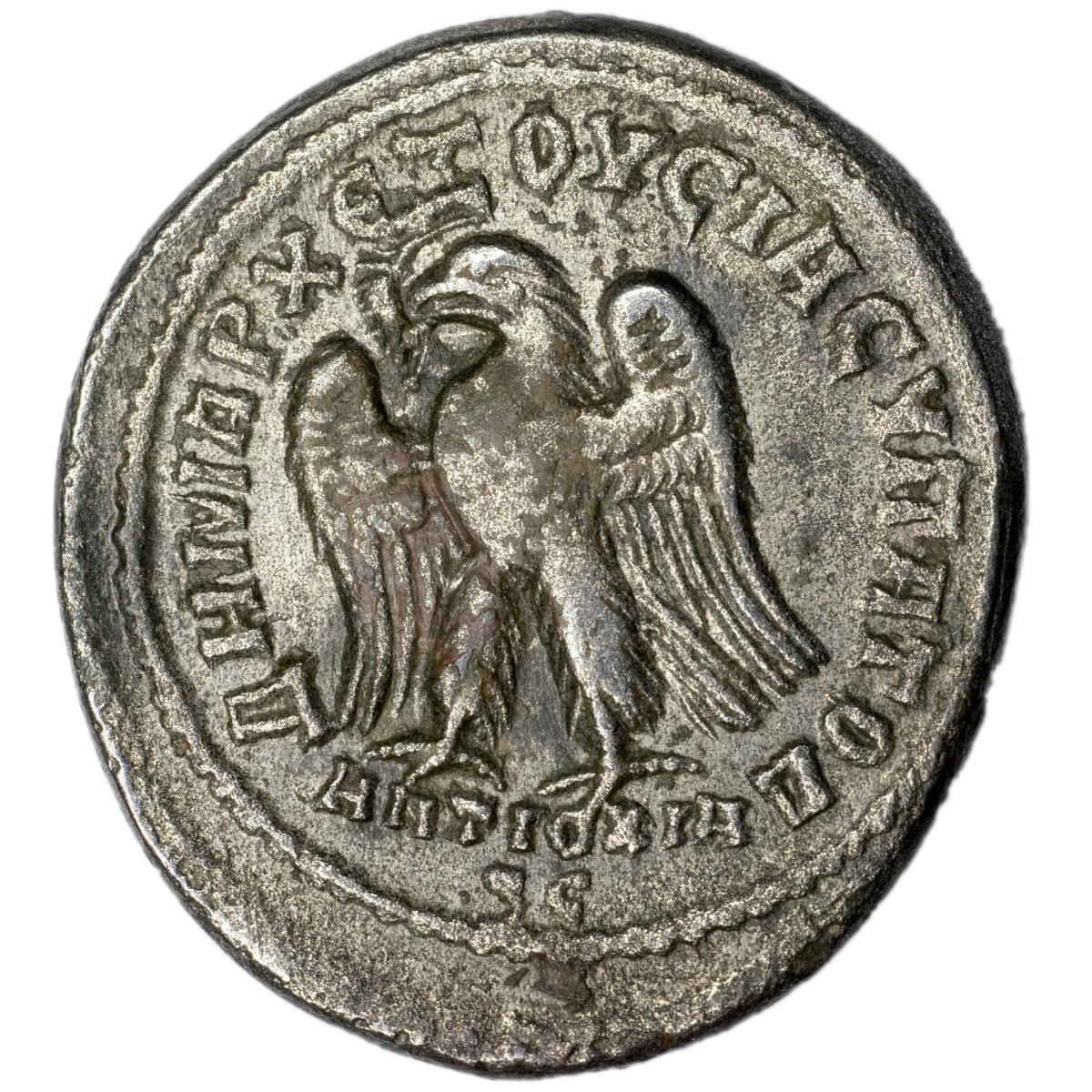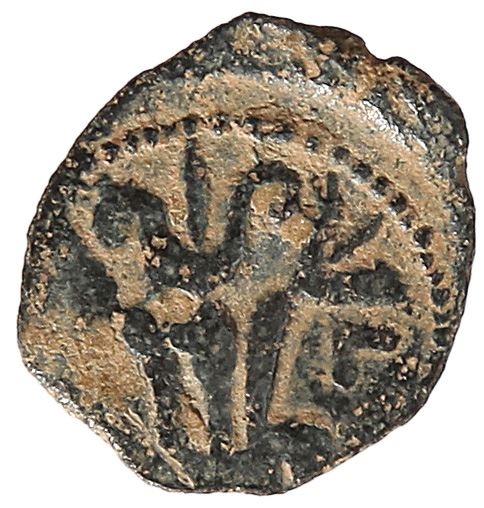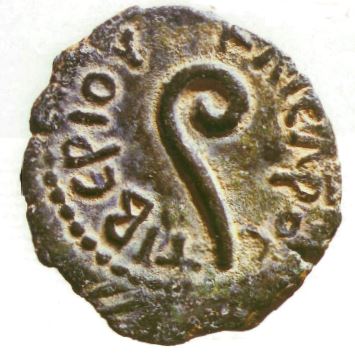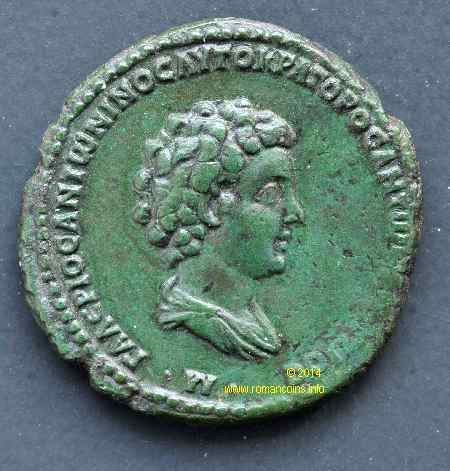As the Roman Republic expanded across the mediterranean area, they became sovereigns of a multitude of local, civic authorities - city states, leagues, and so on.
Many of these authorities continued to strike local coinage, often continuations of the original currencies that existed prior to the arrival of the Romans. New colonies were often also given authority to mint bronze coins for local use.
Provincial coins were issued in silver, billon and bronze denominations, though never gold. The majority were bronze, but silver and billon coins were more common in the Eastern regions of the Empire, particularly in Egypt.
Many of these authorities continued to strike local coinage, often continuations of the original currencies that existed prior to the arrival of the Romans. New colonies were often also given authority to mint bronze coins for local use.
Provincial coins were issued in silver, billon and bronze denominations, though never gold. The majority were bronze, but silver and billon coins were more common in the Eastern regions of the Empire, particularly in Egypt.

Valerius Gratus was the Roman Prefect of Iudaea province under Tiberius from 15 to 26 AD. He succeeded Annius Rufus and was replaced by Pontius Pilate. The government of Gratus is chiefly remarkable for the frequent changes he made in the appointment of the high-priesthood. He deposed Ananus, and substituted Ishmael ben Fabus, then Eleazar, son of Arianus, then Simon, son of Camith, and lastly Jos...
Pontius Pilate was the fifth prefect of the Roman province of Judaea, serving under Emperor Tiberius from AD 26 to 36. He is best known today for the trial and crucifixion of Jesus. It is likely that Pontius Pilate made his base at Caesarea Maritima, a city that had replaced Jerusalem since AD 6 as the administrative capital and military headquarters of the province.
Pontius Pilate and ...
Pontius Pilate and ...
Galerius Antoninus was the natural son of Antoninus Pius and Faustina Senior. He died before his father had been made Caesar.
He is commemorated on a single provincial issue, which may or may not have been struck on Cyprus.
He is commemorated on a single provincial issue, which may or may not have been struck on Cyprus.
He was raised to the throne when Gordian III recovered Mesopotamia from the Persians. His rule and the Kingdom of Edessa both ended with Gordian's assassination and a Sassanid takeover in 244 A.D.
Gaius Caesar was consul in AD 1 and the grandson of Augustus, the first emperor of the Roman Empire. Although he was born to Marcus Vipsanius Agrippa and Julia the Elder, Augustus' only daughter, Gaius and his younger brother, Lucius Caesar were raised by their grandfather as his adopted sons and joint-heirs to the empire.
He would experience an accelerated political career befitting a ...
He would experience an accelerated political career befitting a ...
Lucius Caesar was the grandson of Augustus. The son of Marcus Vipsanius Agrippa and Julia the Elder, Augustus' only daughter, Lucius was adopted by his grandfather along with his older brother, Gaius Caesar.
As the emperor's adopted sons and joint-heirs to the Roman Empire, Lucius and Gaius had promising political and military careers. However, Lucius died of a sudden illness on 20 Aug...
As the emperor's adopted sons and joint-heirs to the Roman Empire, Lucius and Gaius had promising political and military careers. However, Lucius died of a sudden illness on 20 Aug...
Octavian divided rule of Cilicia between Amyntas of Galatia and the principality of Olba, which was ruled by Teucrid high priests. Ajax ruled Olba and its territories as high priest and toparch under Augustus and Tiberius, c. 10 - 15 A.D.
Perhaps this dynasty of high priests claimed decent from the Ajax or Teucer, heroes of the Trojan war.






